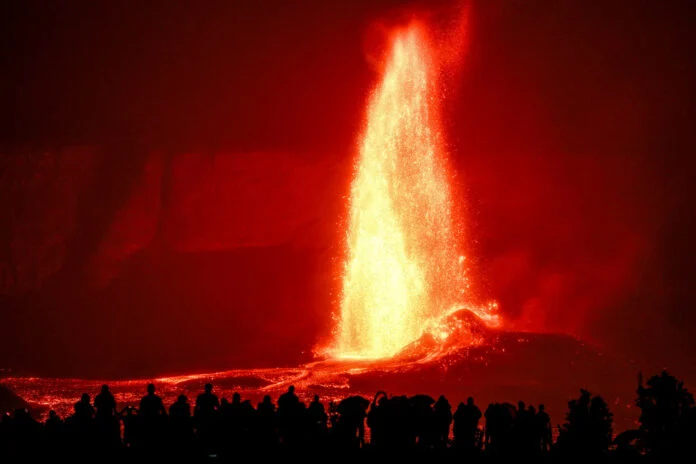Archaeologists are thrilled by the recent discovery of a Bronze Age burial chamber on Dartmoor, England, a find that could offer valuable insights into Devon’s prehistoric past. This remarkable site may be as significant as the 2011 Whitehorse Hill discovery, where the remains of a young woman from around 1700 BC were unearthed.
A Promising Archaeological Find
The previous Whitehorse Hill excavation gained global recognition for its revelations about early Bronze Age life. Experts are hopeful that this new discovery will yield equally important historical insights. The exact location of the site is being kept confidential to protect it from interference, but its exposure was made possible by peat erosion. The uncovered structure appears to be a Bronze Age cist—an ancient form of a stone-built coffin.
Dr. Lee Bray, a leading archaeologist involved in the excavation, emphasized the site's potential significance. "All the evidence suggests this is an early Bronze Age cist," he stated in an interview with Devon Live. Due to the surrounding waterlogged peat, there is an excellent chance that organic materials such as textiles or artifacts have been well-preserved within the chamber.
Comparisons to Whitehorse Hill and Preservation Efforts
The Whitehorse Hill burial site was notable for the exceptional preservation of grave goods, including a brown bear pelt, over 200 beads, a copper alloy pin, and other significant artifacts. If this newly discovered cist contains similar items, it could further enrich our understanding of Bronze Age culture and burial practices.
Dr. Bray outlined three possible courses of action: leaving the site untouched, attempting to slow erosion, or conducting a full excavation. He dismissed the first option as irresponsible, noting that natural degradation is already affecting the site. Simply halting erosion would not prevent air exposure from damaging any preserved artifacts. "They are deteriorating slowly as we speak," he warned.
Funding and Excavation Logistics
The Dartmoor National Park Authority has allocated £90,000 to support the excavation. Given the site’s remote and inaccessible location, specialized equipment, including helicopters and laser scanning tools, will be necessary to safely transport the burial chamber.
Beyond local interest, this excavation could have broader implications for the historical and archaeological communities. By shedding light on the lives of those who inhabited Dartmoor thousands of years ago, this discovery may contribute significantly to our understanding of Bronze Age Britain.







